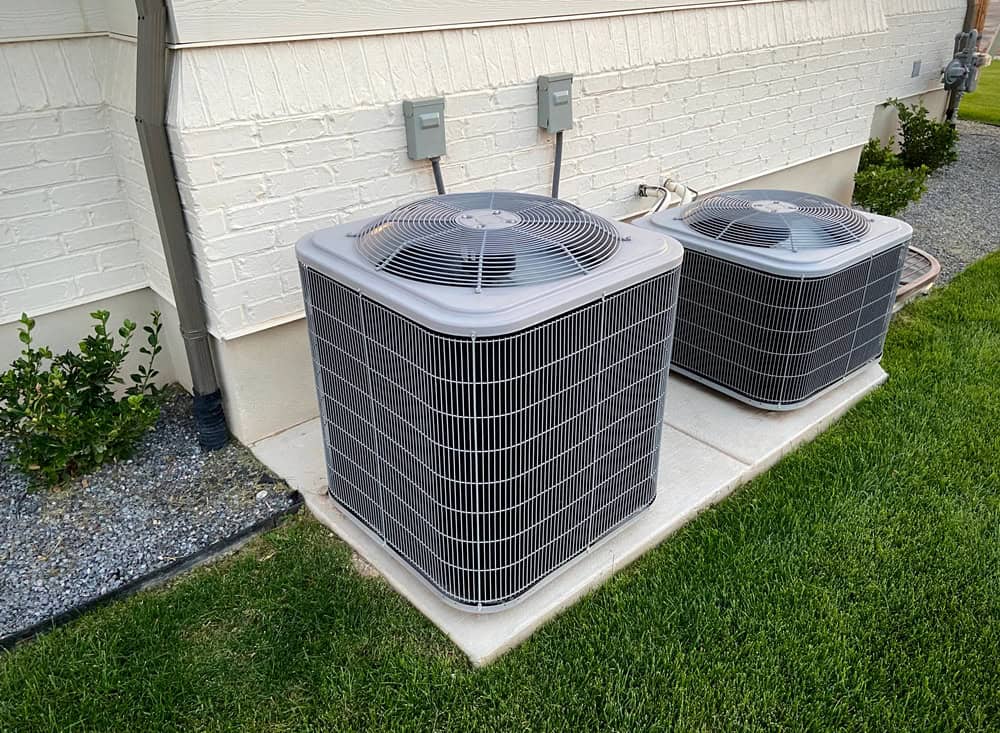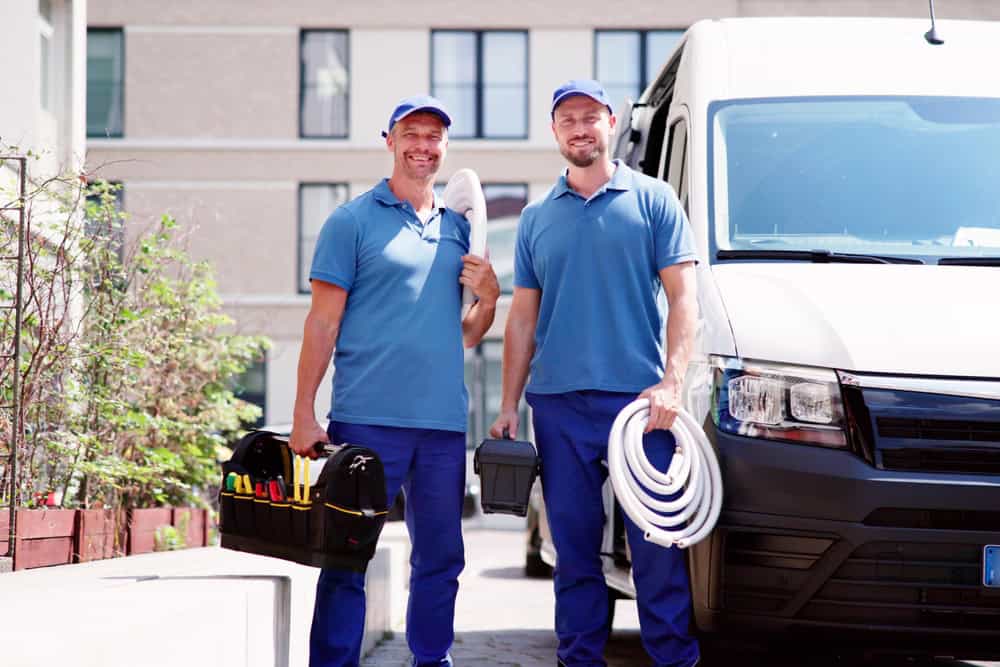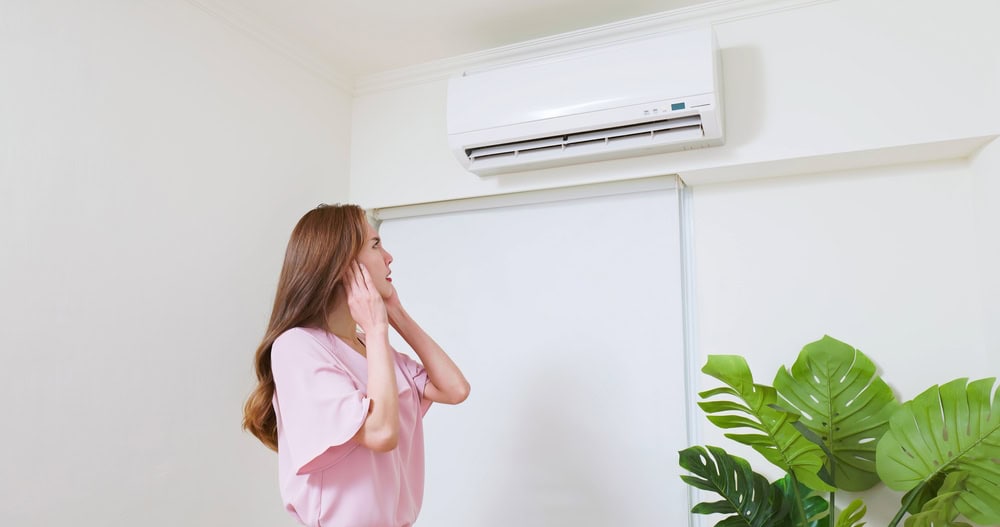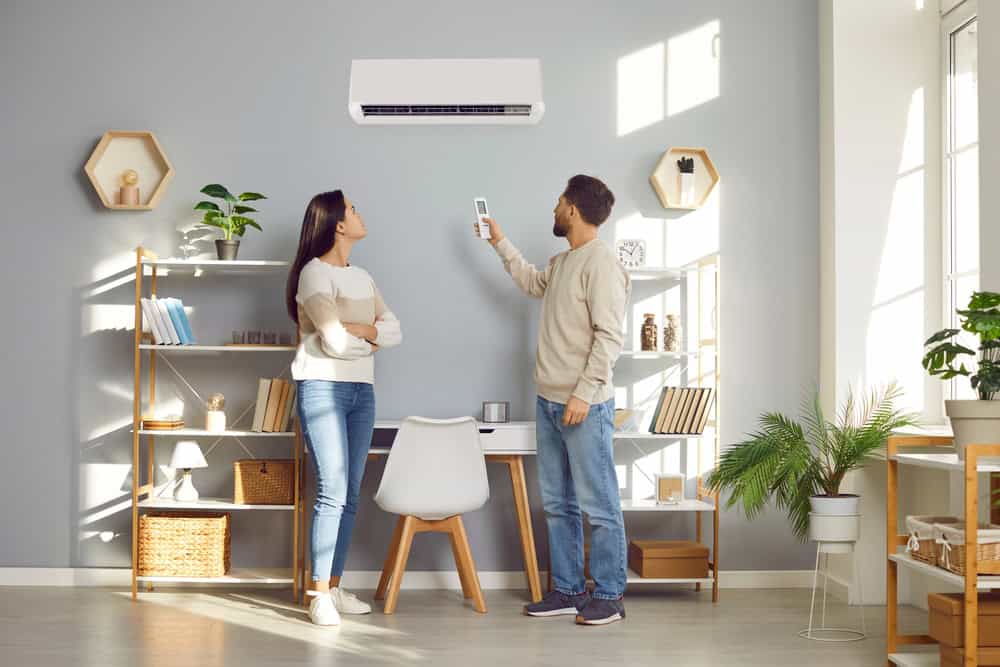Few things affect your home or office’s comfort and efficiency more than your HVAC system. The air conditioning portion keeps you cool during the scorching summer while the heating side wards off the biting cold of winter. Thanks to technological advancements, modern HVAC systems offer remarkable efficiency and comfort. However, the benefits of these systems can only be fully realized when they are installed correctly. Explore why high-quality HVAC installation is so essential.
The Importance of HVAC Systems
HVAC equipment comprises the climate control system of your home or business, providing heating, ventilation, and air conditioning for a safe and comfortable interior. These systems regulate the indoor temperature and ensure the air quality is up to standard by filtering out pollutants and controlling the humidity. In this way, HVAC systems are necessary for maintaining a healthy living and working environment, particularly during extreme weather events.
Why High-Quality Installation Matters
Furnace installation and air conditioner installation are not DIY jobs. Carefully selecting your installer is important for several reasons:
- Efficiency: Precisely following the manufacturer’s specifications during installation maximizes HVAC efficiency by helping the equipment use the least amount of energy to maintain comfort.
- Longevity: An HVAC system operates at its peak when installed correctly, reducing wear and tear and leading to a longer lifespan.
- Cost savings: A well-installed HVAC system saves money on monthly energy bills, prevents premature replacement costs, and reduces the likelihood of expensive repairs.
- Warranty coverage: Many HVAC manufacturers require installation by a certified professional to maintain warranty coverage. If issues arise following a DIY installation, the warranty may not cover the repairs.
- Overall performance: Heating and cooling system performance is directly tied to installation quality. Proper installation ensures consistent temperature and humidity control, efficient operation, and optimal airflow.
- Improved air quality: A top-notch installation includes sealing the system and fitting the air filter properly. These efforts boost indoor air quality and promote a healthier indoor environment.
- Safety: Certified installers follow strict safety protocols to reduce the risk of gas leaks, electrical issues, and fire hazards.
Risks of Poor HVAC Installation
The consequences of hiring an unqualified contractor or attempting HVAC installation yourself can be far-reaching. Here’s why you should never cut corners when installing a furnace or air conditioner:
- Increased energy consumption: Incorrect installation increases the risk of ductwork leaks, improper sizing, and failure to meet the manufacturer’s specifications. The result is higher energy usage and increased utility bills.
- More frequent repairs: An incorrectly installed HVAC system is more likely to suffer from malfunctions and breakdowns. Issues may stem from incorrect wiring, poor connections, improper setup, or other installation errors. If the manufacturer voids the warranty over installation concerns, you could be left to handle costly repairs or replacements out of pocket.
- Reduced system lifespan: A poorly installed furnace or air conditioner operates under constant stress, accelerating wear and tear. Instead of lasting the expected 10 to 15 years, a system might need replacement much sooner.
- Discomfort and safety concerns: A system that has been poorly installed may struggle to maintain a comfortable indoor temperature, resulting in uneven heating or cooling. What’s more, the equipment could be at risk for safety concerns, affecting your peace of mind.
What Does High-Quality HVAC Installation Entail?
Top-notch heating and cooling installation involves several components:
- Proper sizing: A bigger HVAC system is not always better. In fact, oversized equipment cycles on and off too frequently, reducing efficiency and increasing wear and tear. On the other hand, an undersized system must work overtime and may fail to keep up on the hottest or coldest days. A professional installer calculates the ideal size based on your home’s square footage, insulation levels, and other factors to ensure optimal performance.
- Appropriate fuel selection: Choosing the correct fuel type for your HVAC system is crucial to meet your expectations. The right choice depends on local availability, costs, and environmental considerations. For instance, a natural gas furnace may be the right choice if you already have a gas line. Otherwise, you might need an oil furnace. Then, if you have solar panels, you undoubtedly want an electric setup. A high-quality installer will help you select the most suitable fuel type for your needs.
- Correct ductwork design and installation: Forced-air systems use ductwork to distribute air throughout the building. The ducts and vents must be correctly sized, sealed, and insulated to ensure adequate airflow and minimize energy loss.
- Accurate system placement: The outdoor unit should be positioned so airflow is not obstructed, and sun exposure is minimized in the afternoon. Then, the indoor unit requires proper clearance, venting, and consideration for noise levels. A professional weighs all these factors for the best results.
Choosing a Reputable HVAC Installer
Now that you understand the importance of proper HVAC installation, the final step is to choose the right installer for the job. Here are the qualities to look for:
- Experience: Seasoned professionals have encountered and resolved countless HVAC issues, so choose one with at least a few years of experience under their belt.
- Certifications: The proper affiliations and licenses speak to an installer’s knowledge and authority. Choose a certified installer to ensure your system will be set up according to the latest industry standards.
- Stellar reviews: Previous customers who share their experiences give you invaluable insights into an installer’s reliability, quality of work, and customer service. Look for mostly positive reviews to boost your confidence.
- Warranties: Reputable HVAC installers offer workmanship warranties to guard against problems that may arise from poor installation.
- Transparency: A trustworthy installer should be clear and upfront about their pricing, installation processes, and timelines. They should be willing to answer your questions and explain the details of installation day.
Choose First Response Heating & Cooling
If you’re looking for high-quality HVAC installation service in Harford, Baltimore, or Cecil County, look no further than First Response Heating & Cooling. We are a locally owned family business serving our community since 1978. Our dedication to integrity and service excellence makes us the premier choice for installing your new furnace or air conditioner. Plus, we offer the best warranties in the industry for your peace of mind. To request a free HVAC installation estimate, please call us at 866-557-0089 today.





